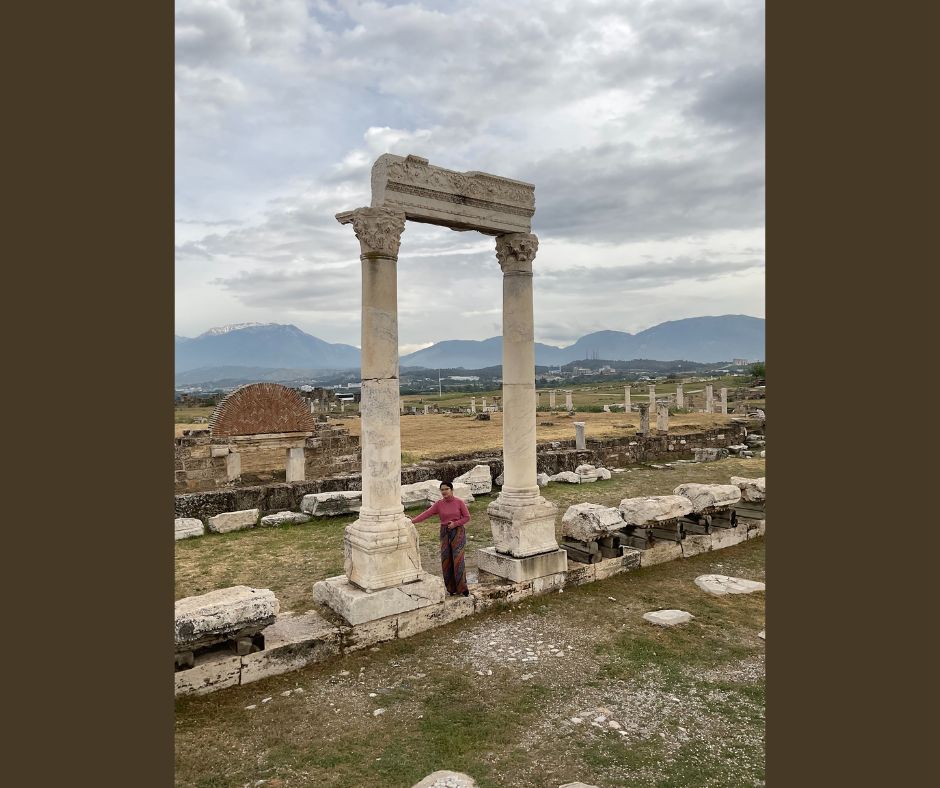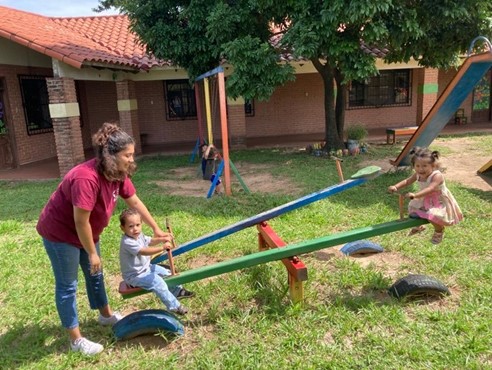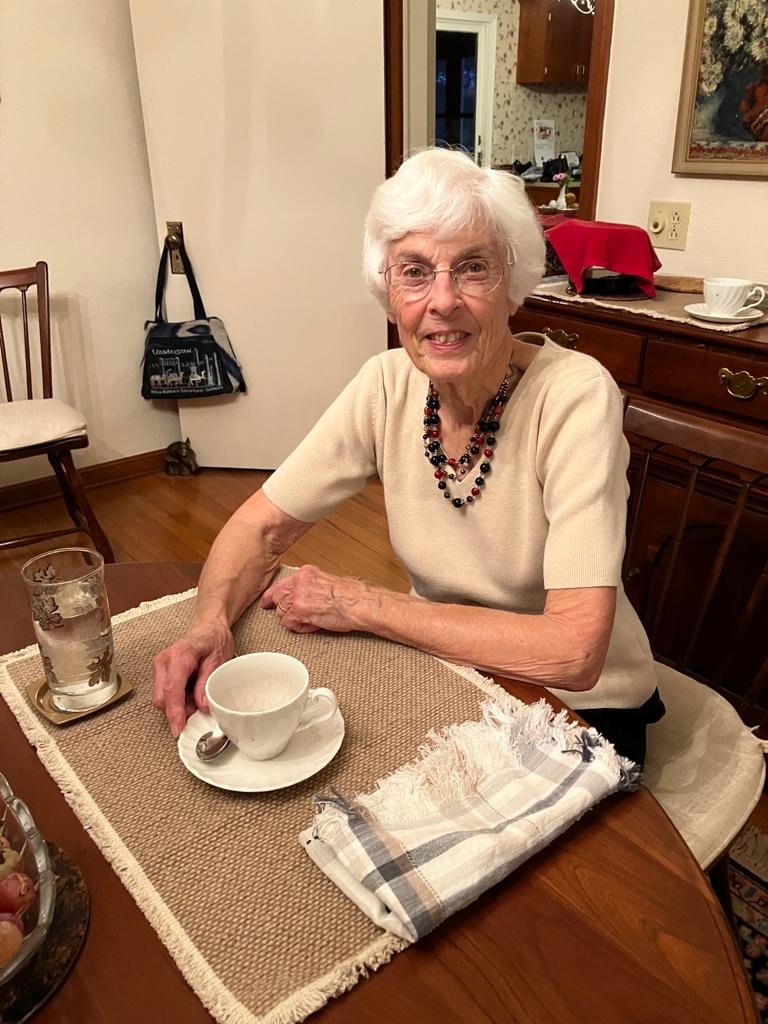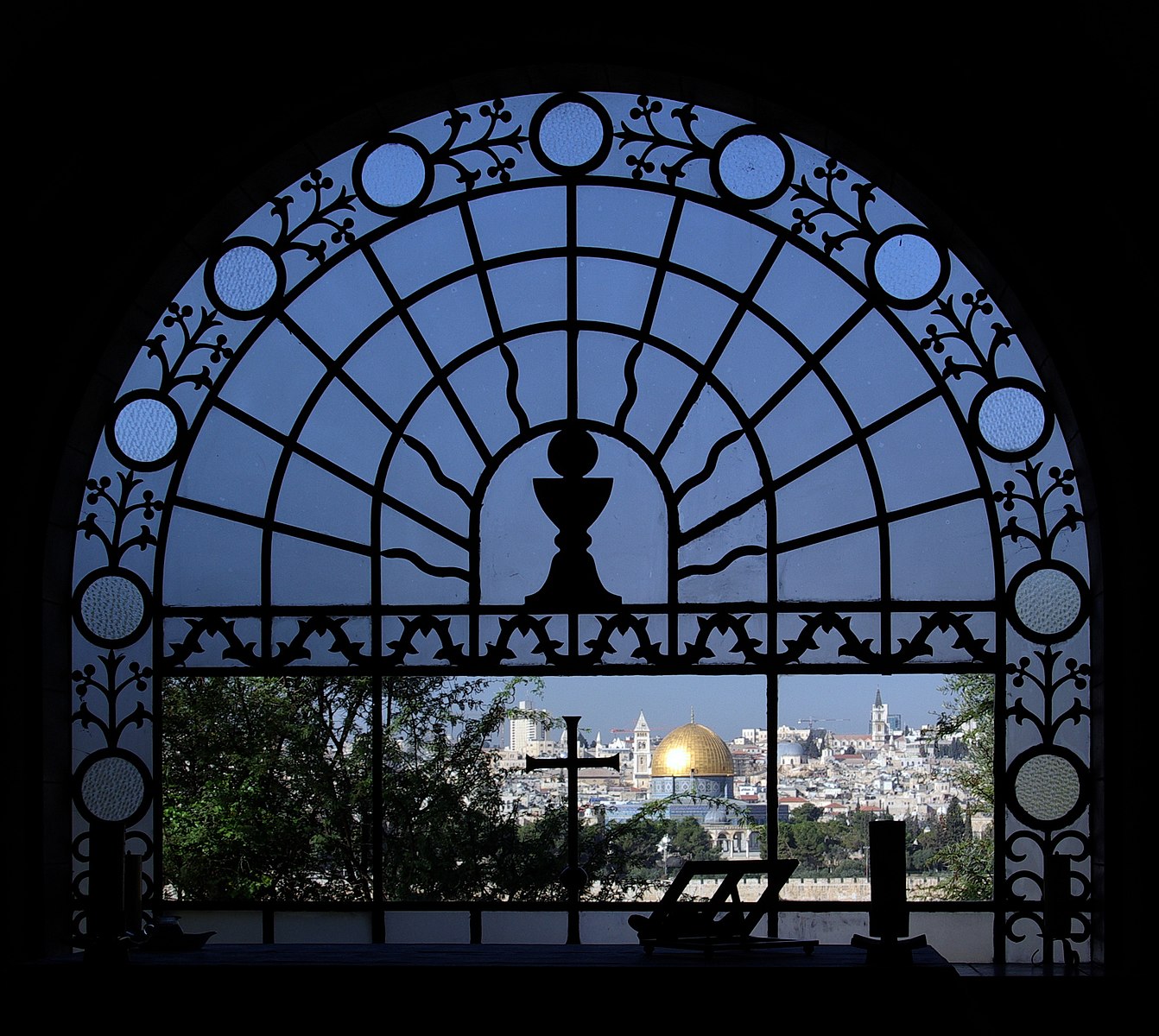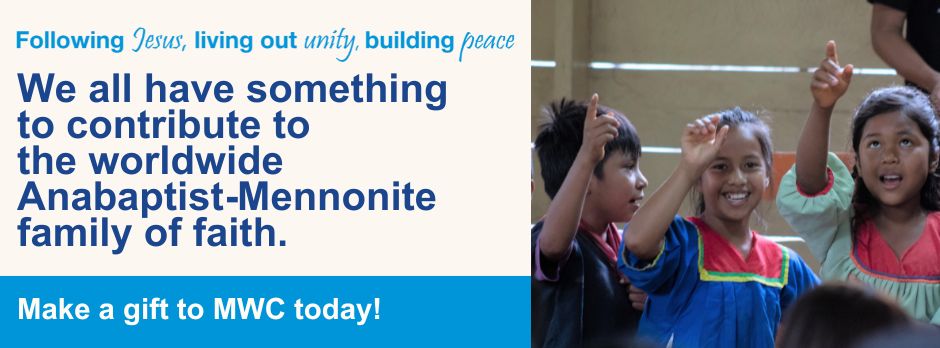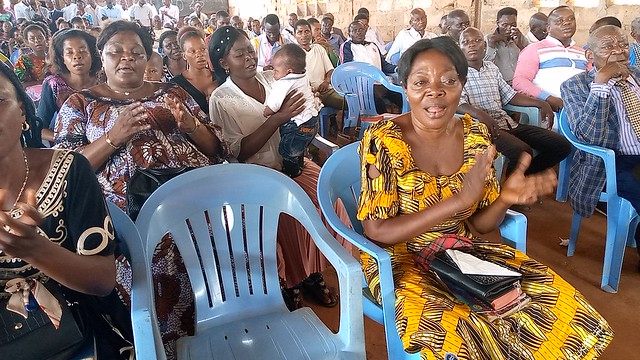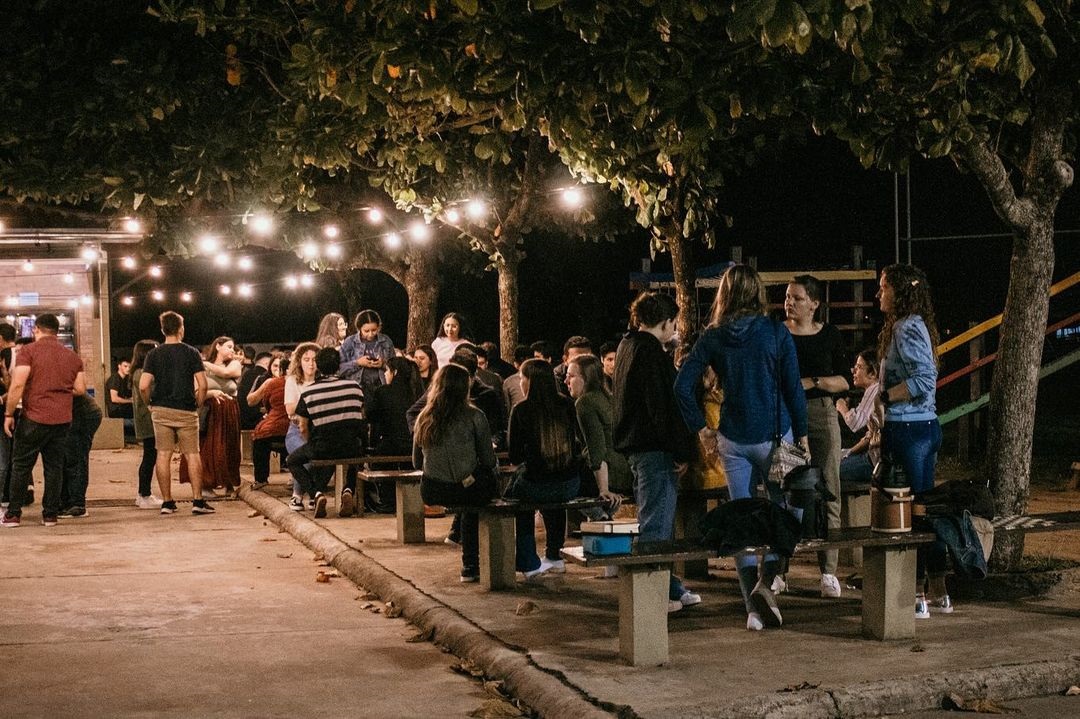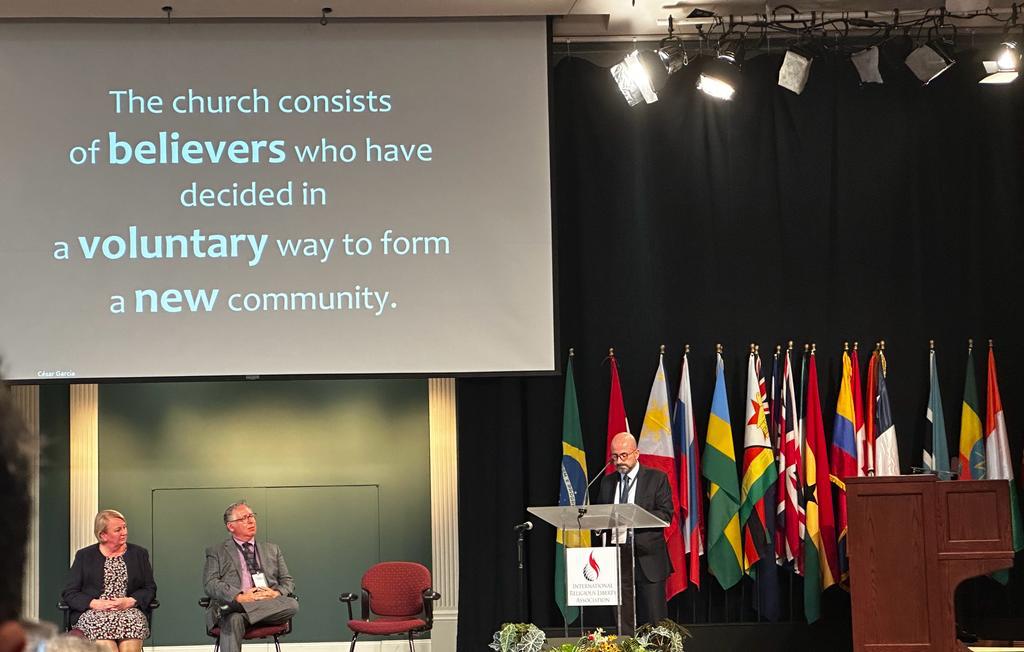-
Mennonites and the state
When we enter God’s kingdom, we receive new citizenship and are freed to experience a new kind of politics. We are not slaves of evil systems anymore. We belong to a new society where, along with other followers of Christ, we project Jesus’ image to the world. But we still live in our countries and human…
-
Conflict in the church: Lessons from Acts 15
I grew up in a Mennonite congregation in Argentina. I remember the preaching and teaching on forgiveness and reconciliation both within the church family and also in relating with those outside the faith community. I also remember situations involving tension and even the threat of division. Some of the concerns: diverging views on women’s use
-
Eco-theology reconciles the church with nature
You are invited! Join us for Climate Pollinators, a webinar series on creation care. See below! When human beings were created in Genesis, “This was the first mission of the human… to both enjoy but also to protect and take care of creation,” says Danang Kristiawan. Danang Kristiawan is the pastor of the GITJ (Gereja
-
Meeting Jesus in another culture
Before Esther Aguilar began her Bolivian adventure, she asked God for one thing: to teach her in a deeper sense the commandment where Jesus says, “You must love the Lord your God with all your heart, all your soul, and all your mind. (…) A second is equally important: Love your neighbor as yourself (Matthew
-
All kinds of gifts to share
“Beautiful friendships! and a better understanding of Anabaptism.” Lois Friesen from Towanda, Kansas, USA, has no doubt about what she receives through connection with the global family. “As Anabaptists we believe in community. You need people to cheer you on,” she says. “If you’re not supported, community falls apart. We need to gather around as…
-
A reconciling response to war in the Middle East
October 2023 At a time of increasing bloodshed between Israelis and Palestinians, with mounting tension between nations of the Middle East and beyond, leaders of Mennonite World Conference make three urgent appeals: That member churches of Mennonite World Conference pray and act for an end to the spiral of violence and injustice1 in the Middle
-
“We start with what we have”
“The way to address inequality is treating people differently – not the same,” says Arli Klassen, MWC regional representatives coordinator. Mennonite World Conference is an organization made of members. However, financial resources vary widely within its global membership. Fair Share is MWC’s way to for all national member churches to contribute based on their ability
-
Interconnected family celebrates peace
Peace (English) – Paix (French) – Amani (Swahili) – Mirembe (Luganda): children at a Uganda Mennonite church wrote “Peace” in multiple languages. (See photo below.) Each year, the Peace Commission prepares a worship resource for Peace Sunday. Organized around a new theme each year, the package includes a Scripture focus, prayers, an activity and a
-
AWFS 2024 Children’s story and activity
Mosaics are beautiful pictures made from colorful tiles of different shapes and sizes. Help children make an inspiring piece of art that they can share with family and friends with this mosaic activity. Explain the meaning of this mosaic to the children at the start of the activity, and again at the end of the
-
AWFS 2024 Tithes and offering ideas
MWC invites a special offering to be taken for the global Anabaptist church community on Anabaptist World Fellowship Sunday. One way to think about this offering is to invite every member to contribute the value of one lunch in their own community to support the networks and resources of our global Anabaptist church family. Sacrificing
-
AWFS 2024 Cultural suggestions from Latin America
Latin American Anabaptist churches worship in multiple languages: Spanish, German, Portuguese and several Indigenous languages. Each language group has their own worship style. Many Latin American congregations have an informal and flexible worship style, with lots of singing, time for testimonies and prayers, and time to chat after worship. Spanish-speaking churches often sing with
-
A Christian nation?
The search for political power and privileges is increasing among evangelicals in Latin America. The close connection between some pastors and partisan politics concerns some of us as Mennonites, especially when religious Christian leaders try to impose their values on others. How the Mennonite tradition emerged may help us understand our concerns.

